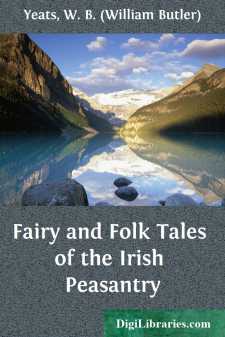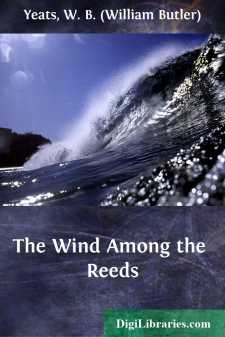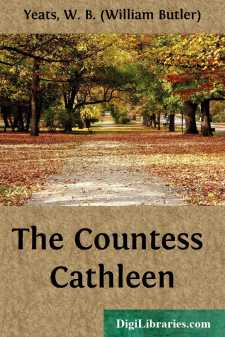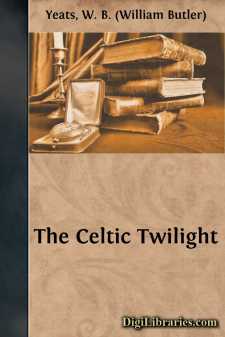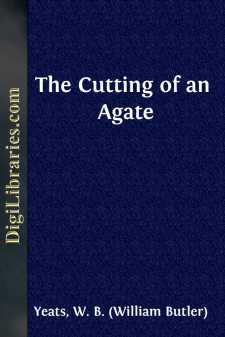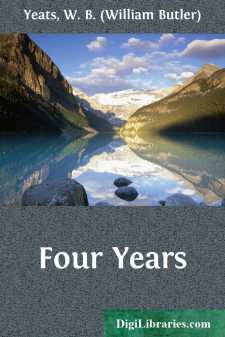Categories
- Antiques & Collectibles 13
- Architecture 36
- Art 48
- Bibles 22
- Biography & Autobiography 813
- Body, Mind & Spirit 142
- Business & Economics 28
- Children's Books 16
- Children's Fiction 13
- Computers 4
- Cooking 94
- Crafts & Hobbies 4
- Drama 346
- Education 46
- Family & Relationships 57
- Fiction 11829
- Games 19
- Gardening 17
- Health & Fitness 34
- History 1377
- House & Home 1
- Humor 147
- Juvenile Fiction 1873
- Juvenile Nonfiction 202
- Language Arts & Disciplines 88
- Law 16
- Literary Collections 686
- Literary Criticism 179
- Mathematics 13
- Medical 41
- Music 40
- Nature 179
- Non-Classifiable 1768
- Performing Arts 7
- Periodicals 1453
- Philosophy 64
- Photography 2
- Poetry 896
- Political Science 203
- Psychology 42
- Reference 154
- Religion 513
- Science 126
- Self-Help 84
- Social Science 81
- Sports & Recreation 34
- Study Aids 3
- Technology & Engineering 59
- Transportation 23
- Travel 463
- True Crime 29
Fairy and Folk Tales of the Irish Peasantry
Categories:
Description:
Excerpt
INTRODUCTION.
Dr. Corbett, Bishop of Oxford and Norwich, lamented long ago the departure of the English fairies. "In Queen Mary's time" he wrote—
"When Tom came home from labour,Or Cis to milking rose,
Then merrily, merrily went their tabor,
And merrily went their toes."
But now, in the times of James, they had all gone, for "they were of the old profession," and "their songs were Ave Maries." In Ireland they are still extant, giving gifts to the kindly, and plaguing the surly. "Have you ever seen a fairy or such like?" I asked an old man in County Sligo. "Amn't I annoyed with them," was the answer. "Do the fishermen along here know anything of the mermaids?" I asked a woman of a village in County Dublin. "Indeed, they don't like to see them at all," she answered, "for they always bring bad weather." "Here is a man who believes in ghosts," said a foreign sea-captain, pointing to a pilot of my acquaintance. "In every house over there," said the pilot, pointing to his native village of Rosses, "there are several." Certainly that now old and much respected dogmatist, the Spirit of the Age, has in no manner made his voice heard down there. In a little while, for he has gotten a consumptive appearance of late, he will be covered over decently in his grave, and another will grow, old and much respected, in his place, and never be heard of down there, and after him another and another and another. Indeed, it is a question whether any of these personages will ever be heard of outside the newspaper offices and lecture-rooms and drawing-rooms and eel-pie houses of the cities, or if the Spirit of the Age is at any time more than a froth. At any rate, whole troops of their like will not change the Celt much. Giraldus Cambrensis found the people of the western islands a trifle paganish. "How many gods are there?" asked a priest, a little while ago, of a man from the Island of Innistor. "There is one on Innistor; but this seems a big place," said the man, and the priest held up his hands in horror, as Giraldus had, just seven centuries before. Remember, I am not blaming the man; it is very much better to believe in a number of gods than in none at all, or to think there is only one, but that he is a little sentimental and impracticable, and not constructed for the nineteenth century. The Celt, and his cromlechs, and his pillar-stones, these will not change much—indeed, it is doubtful if anybody at all changes at any time. In spite of hosts of deniers, and asserters, and wise-men, and professors, the majority still are averse to sitting down to dine thirteen at table, or being helped to salt, or walking under a ladder, or seeing a single magpie flirting his chequered tail. There are, of course, children of light who have set their faces against all this, though even a newspaper man, if you entice him into a cemetery at midnight, will believe in phantoms, for every one is a visionary, if you scratch him deep enough. But the Celt is a visionary without scratching.
Yet, be it noticed, if you are a stranger, you will not readily get ghost and fairy legends, even in a western village....


